EuroScience: Supporting scientists across Europe to work together for a brighter European future
EuroScience is a non-profit grassroots organisation that believes that science is an essential part of Europe’s cultural heritage and that it forms the basis for the continued health and prosperity of the continent and its citizens. By supporting European scientists at all levels of their career and promoting research and development, since 1997, the organisation has been enhancing the contribution of science, technology and innovation to people’s wellbeing and culture.
Whether they are into physical or biological sciences, social sciences or humanities, work for a public sector institution, university, research institute or the business sector, are early career or top of their field, EuroScience aims to support, encourage and represent all European scientists.
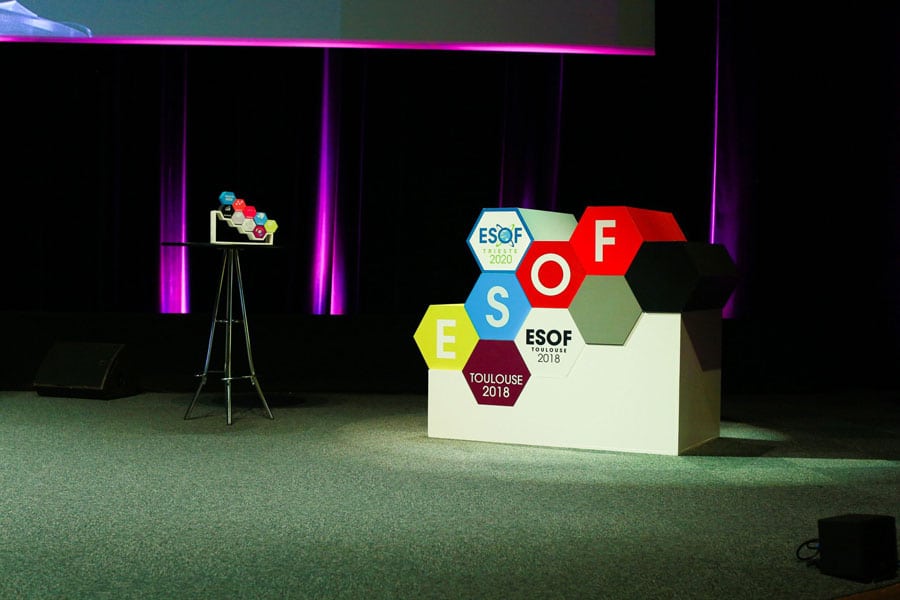
In an interview with EuroScience’s President, Michael Matlosz, we found out how the organisation has become an anchor point for anyone who wants to interact with the European science community, a platform that policy-makers can approach for advice and expertise, and an open space for discussion, debate and creativity for thousands of members in nearly 80 countries.
Hi Michael! Can you tell us more about your role and responsibilities as the President of EuroScience?
My role as President is to provide direction and leadership for the development of the action and visibility of EuroScience. EuroScience is a unique pan-European organisation representing the voice of individual researchers and science professionals in both the public and private sectors, regardless of their institutional affiliation and across all geographic and disciplinary boundaries.
EuroScience is a unique pan-European organisation representing the voice of individual researchers and science professionals.
The role of the President of EuroScience is particularly rewarding for me as a university researcher and educator, having spent the majority of my scientific career in Europe and with strong involvement in collaborative action on a pan-European level. Providing a voice for researchers and science professionals as individuals, is the unique role of EuroScience as a contributor to the creation of a dynamic European Research Area.
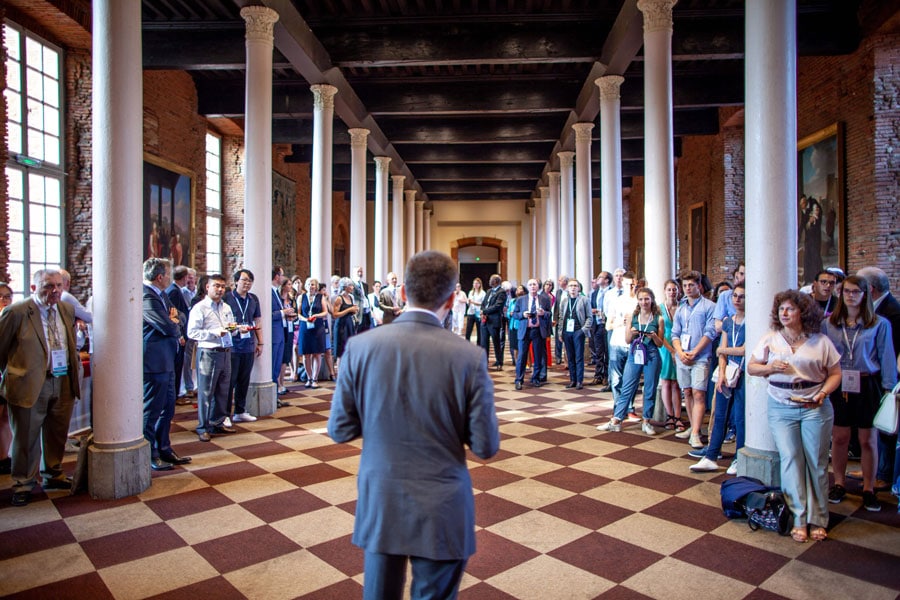
Can you tell us more about EuroScience’s history, mission and core principles?
EuroScience was founded in 1997 at a public meeting open to scientists from all of Europe. The basic idea was to create a platform for individual European scientists to meet, exchange views, have their voices heard in European policy discussions, work on proposals to enhance their careers, discuss how science impacts society and in general advance science to the benefit of Europe. The mission of EuroScience is to contribute to an integrated European continent of science and to the development of prosperity and mutual understanding among all Europeans through the advancement of scientific research.
Are there any specific scientific fields you would personally like to see moved forward and be invested within Europe in the next few years?
The future of European science does not depend on any specific field, but rather on our collective ability to attract the best and the brightest scientific talents in all fields to Europe. The priority for Europe, not only on the supra-national level of the European Union, but also on the level of all European member states and associated states, should be the promotion of attractive scientific careers for those bright talents who wish to remain in Europe or to come to Europe to live and work. EuroScience promotes geographic and professional mobility and equal opportunity for women and men, regardless of their national origins.
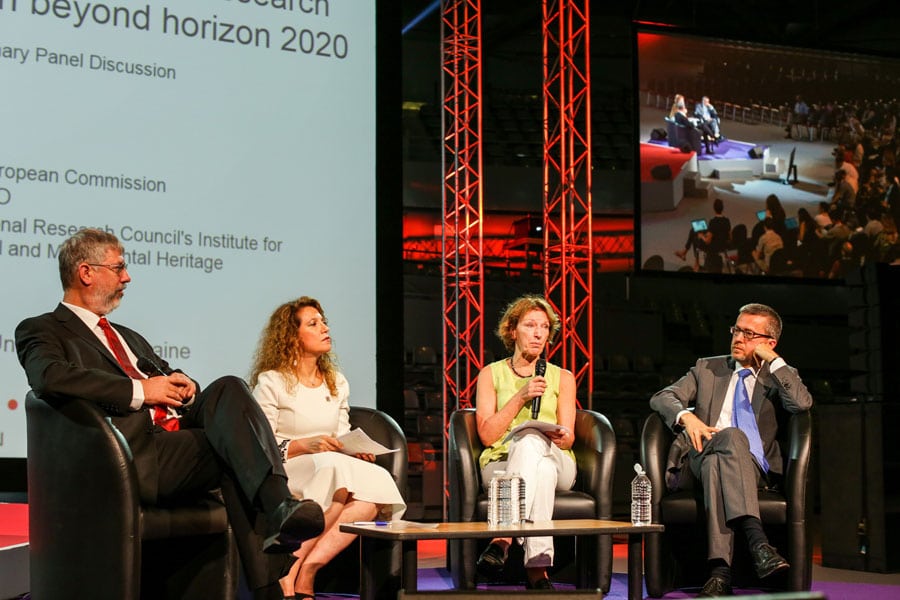
What do you feel are the most troubling political blocks facing European scientists today? How is EuroScience trying to help overcome these?
Among the issues of preoccupation that European scientists face today, I would cite: continued weakening of public trust in scientific expertise; increasing disregard for academic freedom; unnecessary opposition between short-term innovation and long-term research in public science policy; inequalities and insufficient investment and capacity building in research and innovation across Europe; and rapidly changing career opportunities and working conditions.
EuroScience is working actively to address these and other major issues. In particular, we are collaborating with several organisations representing early-career researchers, such as the Marie Curie Alumni Association and EuroDoc, and we have also developed contacts with informal movements such as those created in Southern European countries in the wake of the austerity policies implemented after the financial crisis.
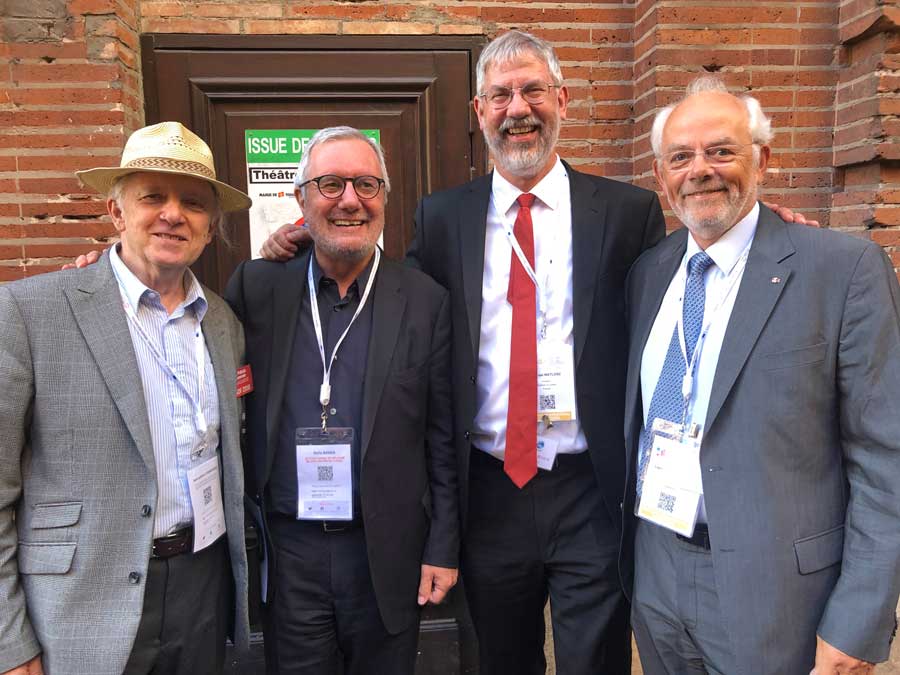
The EuroScience Open Forum (ESOF) is a major platform for debate and discussion on joint action. ESOF’s career programme is an important opportunity and the EuroScience magazine EuroScientist provides a powerful vector for expression. EuroScience also issues joint policy papers and statements regularly with sister organisations throughout the world. One such statement was a joint declaration on the importance of public sector support for long-term research. The declaration was presented jointly to European Commissioner Carlos Moedas at the ESOF conference in Manchester in 2016.
What do you feel are the biggest challenges facing European scientists today?
There are many challenges facing European scientists, among which I would like to mention the challenges to: contribute to the solutions required to face global societal concerns, but without sacrificing the quality of highly original scientific research; maintain focus on true frontier research and disruptive innovation, despite cumbersome organizational structures; engage much more strongly with the public at large; and interact with policymakers to ensure that scientific evidence is taken into account.
EuroScience promotes geographic and professional mobility
and equal opportunity for women and men,
regardless of their national origins.
EuroScience aims to influence scientific policy change in Europe – are there any policies in particular that the organisation has contributed to in the last few years that you are particularly proud of?
EuroScience contributed significantly to the development of the European Charter for Researchers and the Code of Conduct for the Recruitment of Researchers, and as a founder and contributor to the Initiative for Science in Europe, we were also a major factor in the effort to mobilise the European scientific community to promote the creation of the European Research Council.
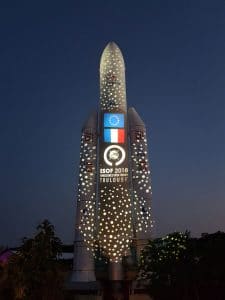
In 2017, EuroScience and the Royal Institution organised a high-profile debate on the impact of Brexit on science in the United Kingdom and the EU-27. The debate contributed to a much better understanding of what is at stake and what options are available for moving forward.
EuroScience is also strongly involved in the Open Science agenda, including support for initiatives in Open Access, Open Data and Citizen Science. The increasing importance of digital technologies on scientific practice and scientific communication is changing in many significant and profound ways the exercise of the scientific profession, and it is important that the voice of active scientists in this context be heard, independently of their institutional affiliation.
How does EuroScience raise awareness of scientific research in society in general?
Our most successful visible action is ESOF and associated actions such as the Science in the City events. The European Cities of Science title is a very visible celebration of science and its relation to society.
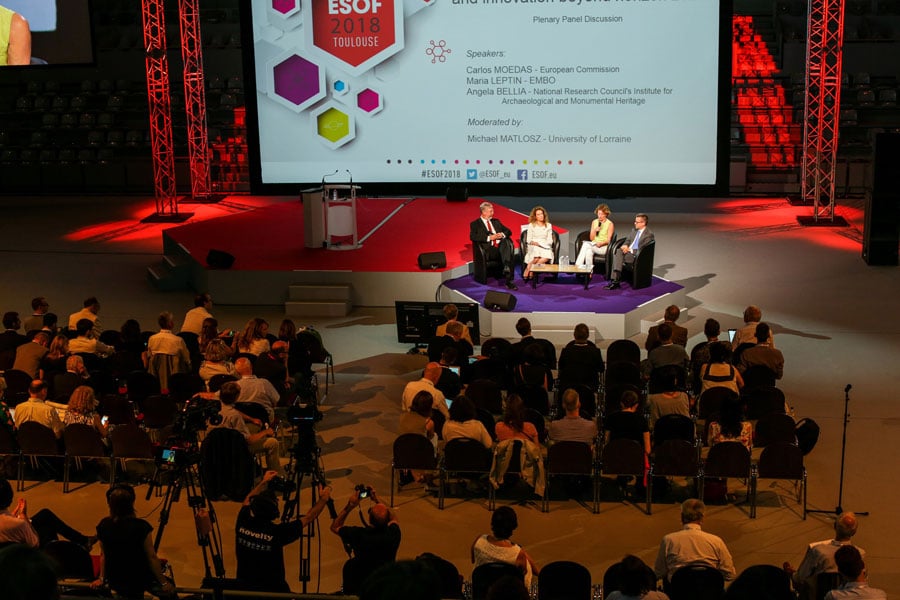
An ESOF event is organised once every two years in a major European city and the event has been constantly growing in participation and visibility since its first edition (Stockholm 2004). The most recent edition (Toulouse 2018), was a major success with over 4000 registered participants. The 400-500 media representatives present spread the message, and the Science in the City component of ESOF goes well beyond the conference itself to bring science to the public and promote engagement. EuroScience has also granted in recent years several European Science Writers Awards at the conference, underlining how important science journalists are in connecting science to society.
EuroScience gives out awards each year (Rammal Award, European Young Researchers Award, European Science Writers Award) – why do you feel it is important to recognise researchers in this way?
For researchers themselves, awards are important for their careers. They encourage them to persevere on their path to break new ground. Awards also make visible to society as a whole that science is a vital pillar for progress, and that individual creativity is crucial for success. The Rammal Award recognises not just scientific achievements but also contributions to building bridges between societies in the wide Mediterranean area torn apart by history, politics and religion.

Are there any movements within the organisation to connect with scientists/institutions outside of Europe?
Since 2012, several global general science organisations have established a Liaison Group. They share common interests in scientific endeavour and in advancing science to the benefit of mankind. In some cases, we have common sessions at conferences, and sometimes – such as the example of the Manchester declaration – we publish joint statements. The current member organisations of the International Liaison Group are the American Association for the Advancement of Science; the Brazilian Society for the Advancement of Science; the Chinese Association for Science and Technology; the Korean Society for the Promotion of Creativity and Science; and the Japanese Agency for Science and Technology. Organisations from India and Australia have participated in meetings of the Liaison Group as well. We are also working closely with the Department of Science and Technology in South Africa, and the Programme Committee of the Next Einstein Forum (NEF) in Africa.
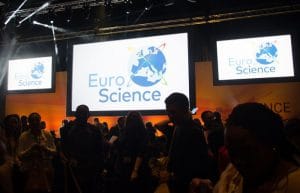
There appears to be a clear focus on young and new researchers within EuroScience programmes – why are your researchers so important to the organisation?
As in all professional sectors, organisations involved in research and innovation, whether they be universities, public research institutes or commercial enterprises, need to create the best conditions for renewal of their talents and to prepare the path for the generations to come. To do so, requires not only high-quality education, but also working conditions that allow future researchers and science professionals to be successful in their careers and combine that professional success with a positive and rewarding personal and family life.
- If you would like to find out more, please visit their website at https://www.EuroScience.org/